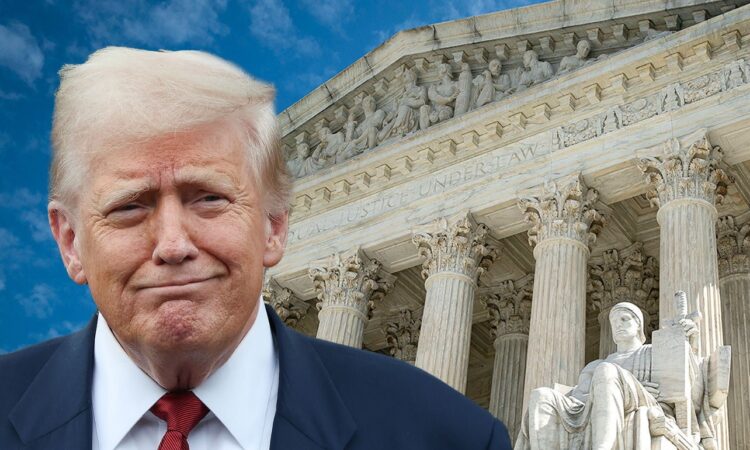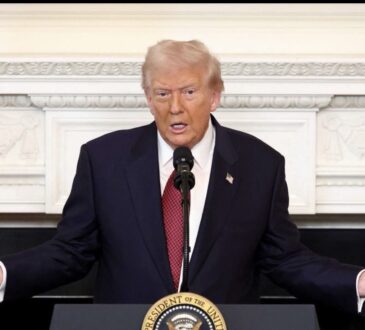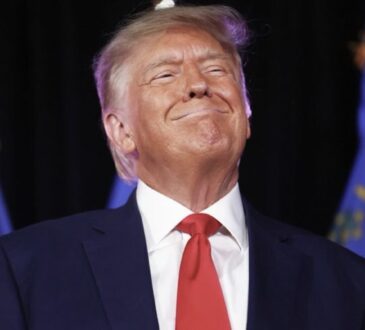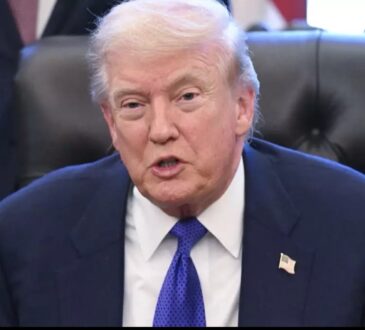
The Supreme Court has quietly made a major decision that shifts a huge amount of power from Congress to the president—and they did it with almost no explanation. In a brief, unsigned order, the court gave Donald Trump the green light to block $4 billion in foreign aid that Congress had already approved. Normally, the president isn’t allowed to do that. But now, with the support of the court’s conservative majority, he can.
Here’s what happened: Congress set aside $4 billion to fund projects overseas—things like strengthening democracy, fighting climate change, and supporting gender equality. But the Trump administration refused to release the money. They claimed the programs didn’t match the president’s foreign policy goals. That’s called an “impoundment”—when the president withholds money that Congress has already said must be spent. And it’s supposed to be illegal.
Back in 1974, after President Nixon repeatedly tried to ignore Congress by not spending approved funds, Congress passed a law called the Impoundment Control Act (ICA). It made it clear: If a president wants to cancel spending, he has to ask Congress for permission. And if Congress doesn’t approve it within 45 days, the money must be spent.
Trump’s team found a way around this. They waited until there were fewer than 45 days left in the fiscal year (which ends on September 30), then suddenly asked Congress to cancel the funds. Congress didn’t approve. But instead of releasing the money like the law requires, Trump simply did nothing—and let the clock run out. When the deadline passed, the money expired, never reaching its intended recipients.
Some of the groups that were supposed to receive the aid sued, saying Trump’s move was illegal. Lower courts agreed with them. But the Supreme Court stepped in and blocked those rulings, siding with Trump—again, with no full hearing, no oral arguments, and no detailed explanation.
The court’s decision rested on two flimsy ideas. First, they claimed that the law (the ICA) doesn’t allow these groups to sue. Second, they said that stopping Trump would hurt his ability to conduct foreign policy more than it would hurt the organizations that lost funding. But this doesn’t hold up to scrutiny.
For one, the ICA actually says very clearly that it does not block people from suing over impoundments. And second, saying the president’s general foreign policy powers matter more than Congress’s explicit authority to control the budget turns the Constitution upside down. The Constitution gives the power to spend money to Congress—not the president. And although the president handles foreign affairs, that power is much vaguer and less clearly defined.
Justice Elena Kagan, writing in dissent, pointed out how flawed the ruling was. She noted that past presidents, even when they disagreed with how Congress wanted to spend money, still followed the law and released the funds. Trump is the only one claiming a personal veto over spending laws, and now the court has backed him up.
This decision sets a dangerous precedent. It opens the door for Trump—or any future president—to cancel any spending they don’t like just by waiting until the end of the fiscal year and then letting the funds expire. Worse, the only official who could legally challenge this—Congress’s Comptroller General—has never sued under this law and likely won’t. And if private groups can’t sue either, there’s effectively no way to stop the president from refusing to spend money Congress approved.
The result is that Trump now has something close to a “line-item veto,” the power to cancel individual parts of the budget. The Supreme Court ruled years ago that this kind of veto was unconstitutional. But somehow, when it comes to Trump, the rules keep changing.
All of this was done through the shadow docket, a process the court uses to make decisions quickly, often without public hearings or detailed opinions. That means no real transparency, no accountability, and no opportunity for a full legal debate.
This kind of quiet but massive shift in power is deeply troubling for a democracy. When courts stop holding presidents accountable and allow them to ignore laws passed by Congress the checks and balances that hold our system together begin to break down. And once that happens, it becomes harder and harder to fix.




